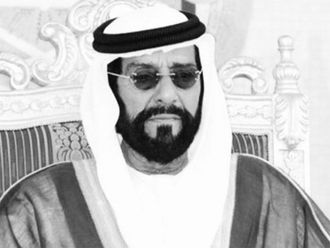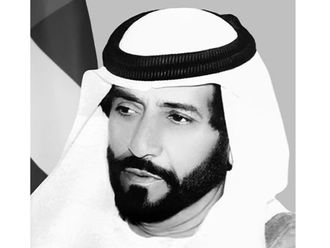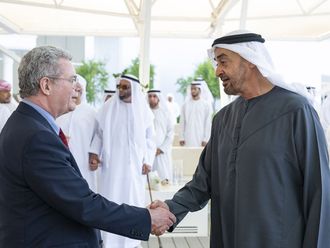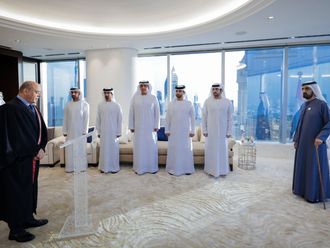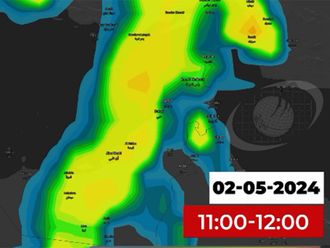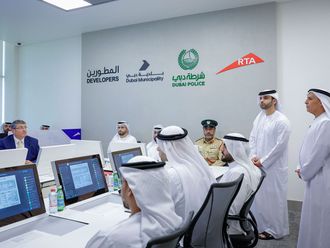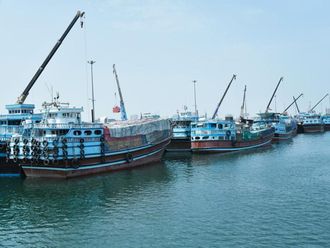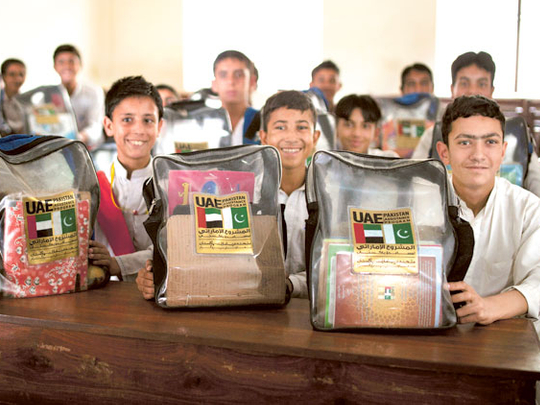
Swat, Pakistan: The UAE Pakistan Assistance Programme (PAP) is distributing 30,000 school bags to poor, needy and orphan students in Khyber Pakhtunkhwa province as part of its second phase of the school bag initiative, being implemented under the instructions of President His Highness Shaikh Khalifa Bin Zayed Al Nahyan to support education in Pakistan.
Abdullah Al Gafli, Director of PAP, said the school bag initiative will assist 30,000 male and female students in 25 cities and towns of the
province.
He said the school aid programme is part of the UAE’s efforts to assist students of low-income families to pursue learning.
The initiative, he stressed, aims at easing the financial burden with regard to education, noting that many poor parents were reluctant to send their children to school because they could not afford the fees.
He added that the water-proof bag was specially tailored to last for more than three years and contains all the basic stationery the student will need.
He said the programme is being carried out for the second year running, building on the positive response the first phase generated.
A survey of educators showed that the percentage of attendance had increased remarkably and students maintained high morale.
The PAP’s education initiative will build 53 schools and colleges along with technological and technical institutes, all fully equipped with modern learning facilities. Last year, Al Gafli said, 48 educational institutions were completed and received students.
He said the PAP has made a qualitative leap in the educational sector in the targeted regions, opening up new opportunities for building
professional and career capacities and helping those beneficiaries to help in economic and social development.
Indirectly, he said, the PAP empowers students to serve themselves, their family, and the community, thus contributing to reducing unemployment and eliminating
poverty.


